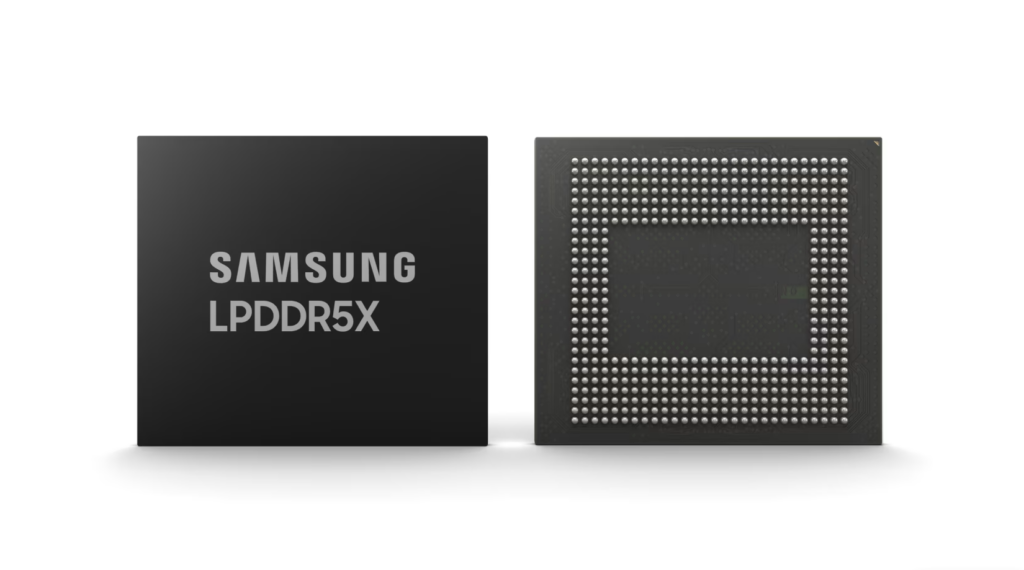The US-China trade war is once again putting pressure on the global chip industry, and this time two of South Korea’s biggest names are in the spotlight. Samsung and SK Hynix face fresh restrictions that could complicate their operations in China, one of their key markets.

The US Commerce Department said it will revoke licenses that previously allowed Samsung and SK Hynix to bring in US-made chipmaking equipment for their Chinese plants. The decision, which takes effect in 120 days, doesn’t shut down their factories but does block them from upgrading or expanding with new American tools.
That’s a big deal for Samsung’s NAND flash operations in Xi’an — a site that reportedly accounts for around 40% of its global output — as well as for SK Hynix’s DRAM production. Both companies still focus on older chips in China (28nm and above), while keeping advanced nodes at home in South Korea and in the US.
Why it matters
Washington says the move is about national security, aiming to slow China’s semiconductor progress and keep cutting-edge tools out of potential military use. But for Samsung and SK Hynix, it creates long-term uncertainty: they won’t be able to replace broken machines or bring in the latest equipment from US suppliers.
The move also builds on export controls first introduced in 2022, which came with temporary waivers to avoid disrupting the global supply chain. Now, with those waivers being pulled, the balance could tilt. Chinese equipment makers may gain ground, and US rival Micron could benefit as well.
Both Samsung and SK Hynix reportedly employ more than 20,000 people in China, and will now need individual license approvals if they want to import new gear. According to Reuters, approvals are far from guaranteed. South Korea’s trade ministry is already in talks to try and soften the blow, but the bigger picture is clear: the US wants to shift advanced chip production away from China.
For Samsung, the timing is awkward. While the company is preparing for the Galaxy Tab S11 launch at IFA 2025, its semiconductor division faces a tougher road ahead in navigating the geopolitical storm.
Don’t miss a thing! Join our Telegram community for instant updates and grab our free daily newsletter for the best tech stories!
For more daily updates, please visit our News Section.
(Source)








Comments